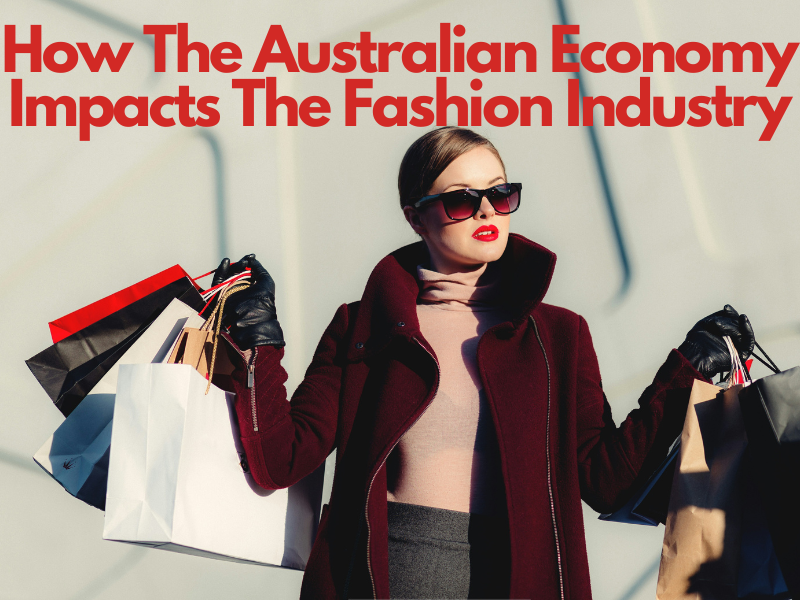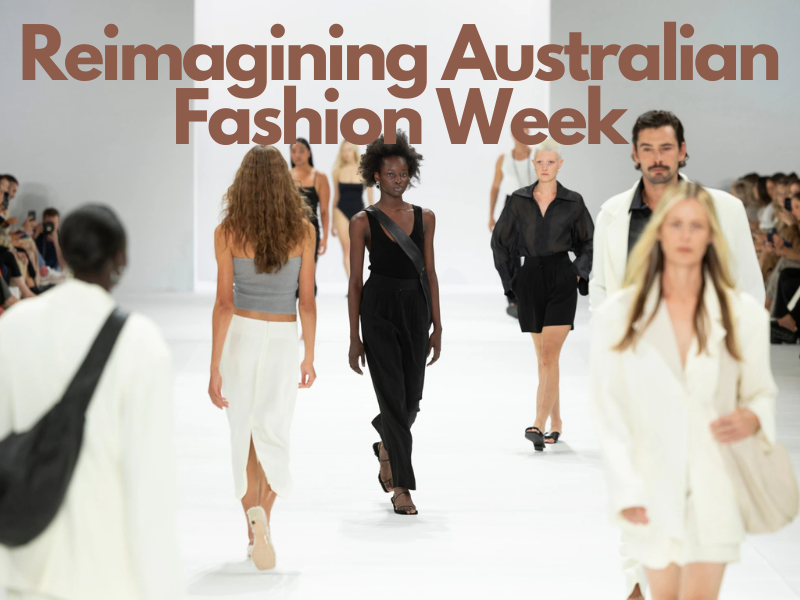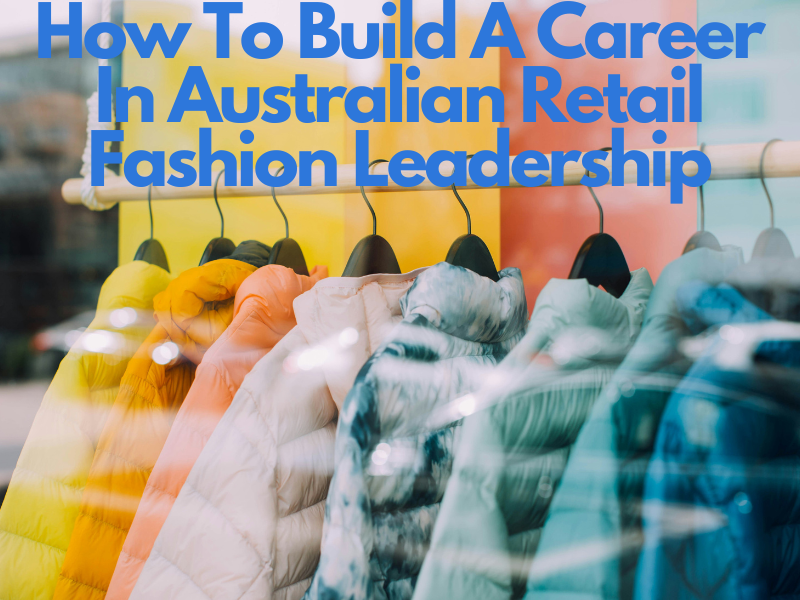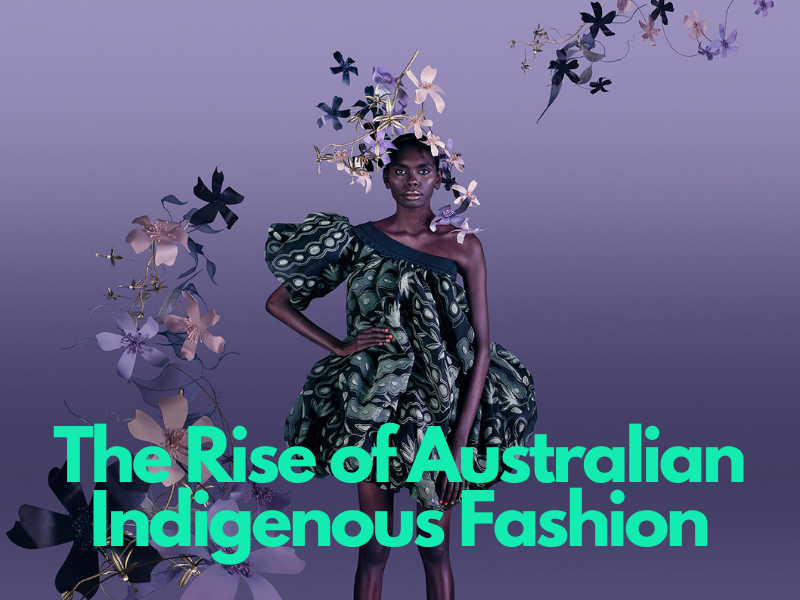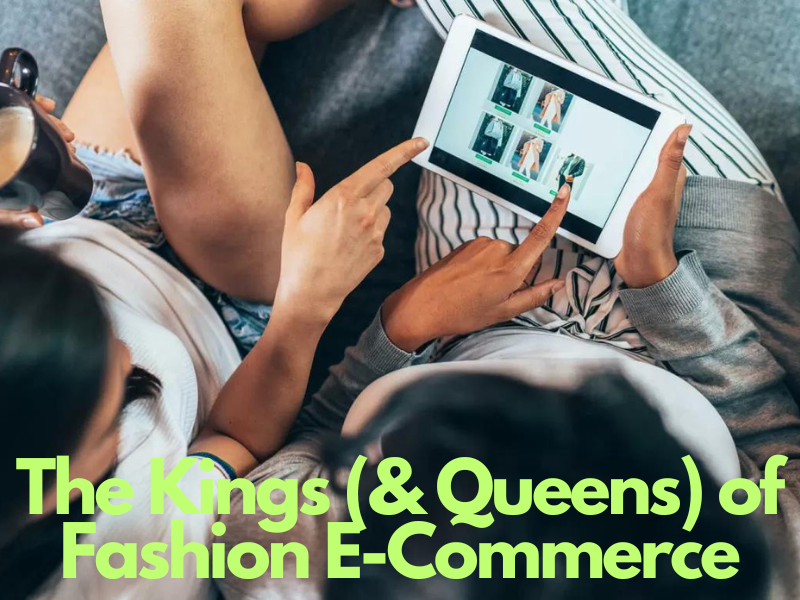WHY GREENWASHING IS OUT OF FASHION | Permanser Consulting
Consumers are becoming increasingly informed about the impact of their purchasing decisions on the environment, and many brands are becoming savvy about the eco-friendly marketing spin they use to promote their products. The term ‘Greenwashing’ refers to “the process of conveying a false impression or misleading information about how a company's products are environmentally sound. Greenwashing is an unsubstantiated claim to deceive consumers into believing that a company's products are environmentally friendly or have a greater positive environmental impact than what is true.”
So why is Greenwashing such a problem?
There is no governance around the word ‘sustainable’ - so any business can use it without having to report on their actual practices, targets or sustainable standards.
Consumers are making better choices with their consumption, through reduction and by ensuring they purchase quality fabrics, they purchase from businesses with supply chain transparency and they opt for on-shore as opposed to offshore manufacturers. Companies who use greenwashing make this process confusing for consumers.
Courtney Holm, founder of circular label A.BCH
adds: “If we keep thinking these brands are doing really great things, we don’t ever scrutinise the greater impact of the business. There’s a real danger that they’re just going to keep doing what they’re doing for as long as possible – as long as they can get away with it – by having these surface-level commitments and initiatives that they participate in. I think it’s actually a hindrance overall”.
Global Fashion businesses such as H&M, Zara and Uniqlo have been involved with greenwashing over the years. These brands have been big contributors to the huge amounts of textile waste caused by the fashion industry.
So how do consumers identify the difference between greenwashing vs genuinely sustainable practices?
Clare Press, writer and founder of chart-topping podcast ‘Wardrobe Crisis’
says that “Consumers can look out for evidence to back up claims – whether in the form of certifications, for example, or transparency around exactly how they make things to reduce their carbon, water and waste impacts.”
The Australian Fashion Council recommends asking the following
questions to reduce the likelihood of Greenwashing in a fashion business:
` Is your fashion true to the label?
` Have you used vague terminology in your communication?
` Are your headline claims potentially misleading?
` Have you explained how you use metrics related to sustainability?
Do you know of some brands leading the way with regards to sustainable fashion practices? Speak to Janine, Amy and Natalie at Permanser Consulting.


